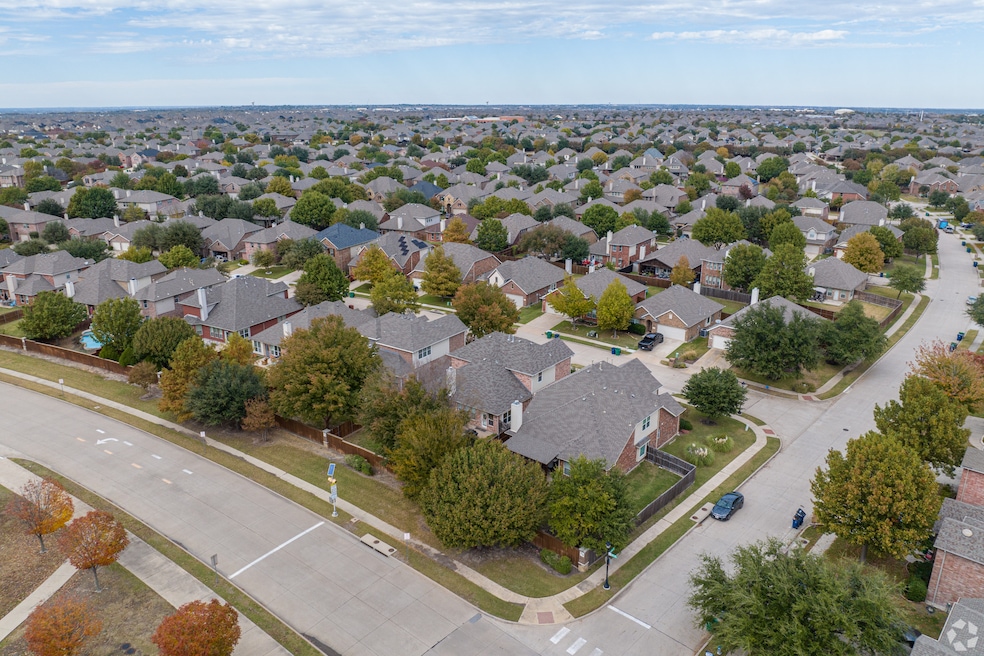Forget the moving trucks. Hundreds of Americans want to stay put, placing a high value on their primary residence today amid rising uncertainty and a tight housing market.
About 44% of the 3,137 U.S. mortgage borrowers, homeowners and renters who responded to Fannie Mae's monthly National Housing Survey said they have a high perception of their primary residence. Location and "sense of security in uncertain times" constitute the two main factors why the respondents value their homes more today.
Mortgage buyer Fannie Mae conducts a temperature check on a variety of residential concerns every year. In the latest survey, released March 7, 48% of homeowners and 38% of renters said their home had grown more important compared to the 6% of owners and 17% of renters who said their home had become less so.
“People are worried about their job security, finances and interest rates. It gives an uneasiness in their situation. Their home is a central point in their situation. A home can be the most expensive investment an individual has,” said Jason Damm, a finance expert and assistant professor of professional practice at the University of Miami's Herbert Business School. “If that is your primary and valuable investment, then you’re going to put more value into that when you’re uncertain about other things.”
Homeowners and buyers note a financial boost to owning a home instead of renting, such as providing a nest egg for retirement and tax benefits. In the Fannie Mae survey, conducted in the third quarter of 2024, 46% of the respondents said they believe in the financial benefits of homeownership, up from 39% in the third quarter of 2015.
But sentiment has soured on the security and lifestyle benefits that can come with homeownership, including providing a secure place for one's family and having control over renovations. Fannie Mae noted that 52% of the mortgage borrowers, homeowners and renters they surveyed feel positive about those benefits of homeownership, down from 57% in 2015.
Pessimism over mortgage rates
High mortgage rates can leave many people stuck in place. Many people feel pessimistic over a potential decline, according to another survey Fannie Mae released last week. The Home Purchase Sentiment Index, a survey of 1,066 households, dipped 1.8 points last month to 71.6 compared to February 2024. It was the biggest drop since 2023.
The mood may change in the near future, Damm said.
“My first reaction is this is outdated already. It’s talking about how interest rates are so high. Since this data came out, interest rates have come down and mortgage rates have come down to the lowest this year,” Damm said. “Refinances are up."


